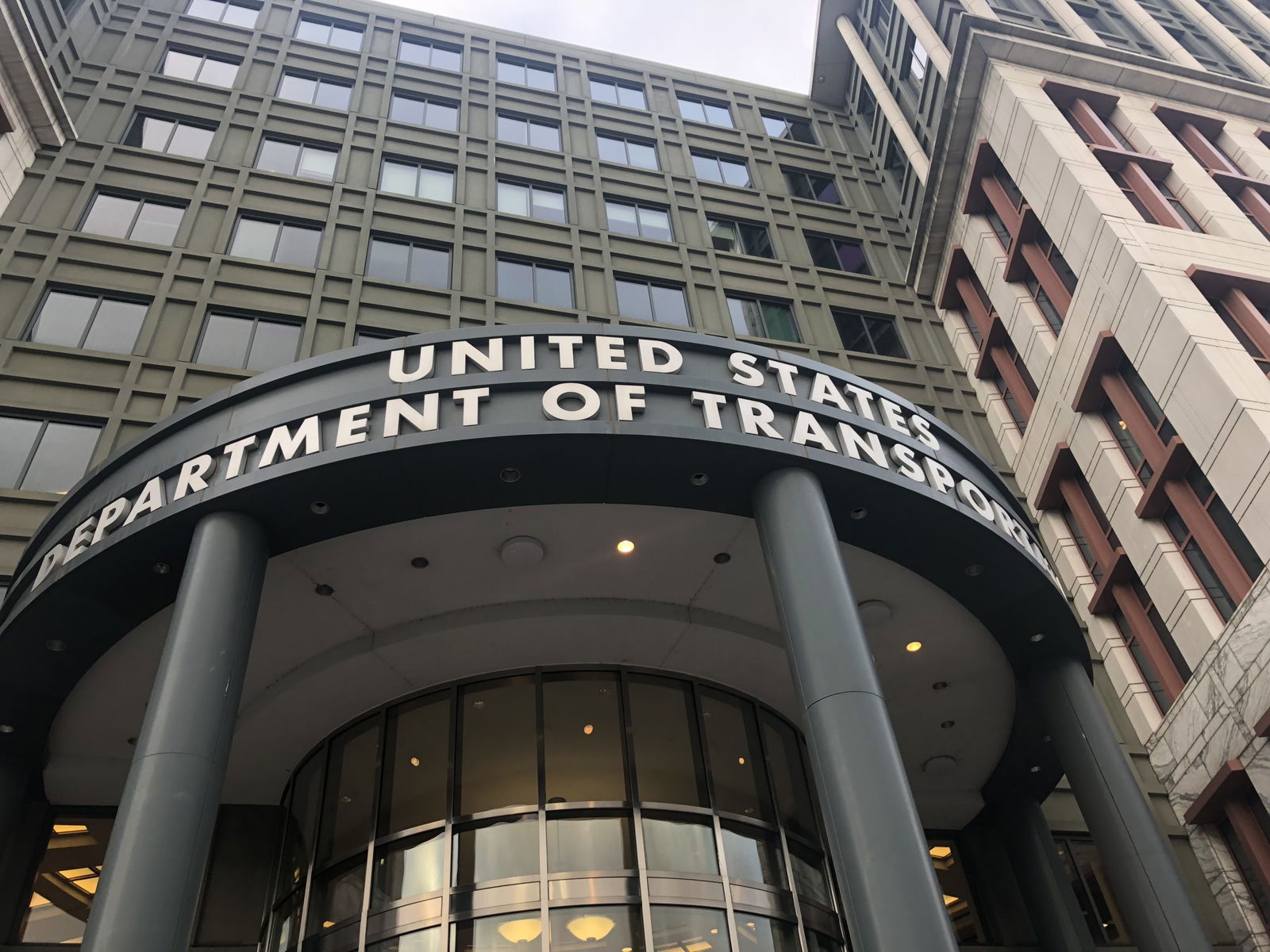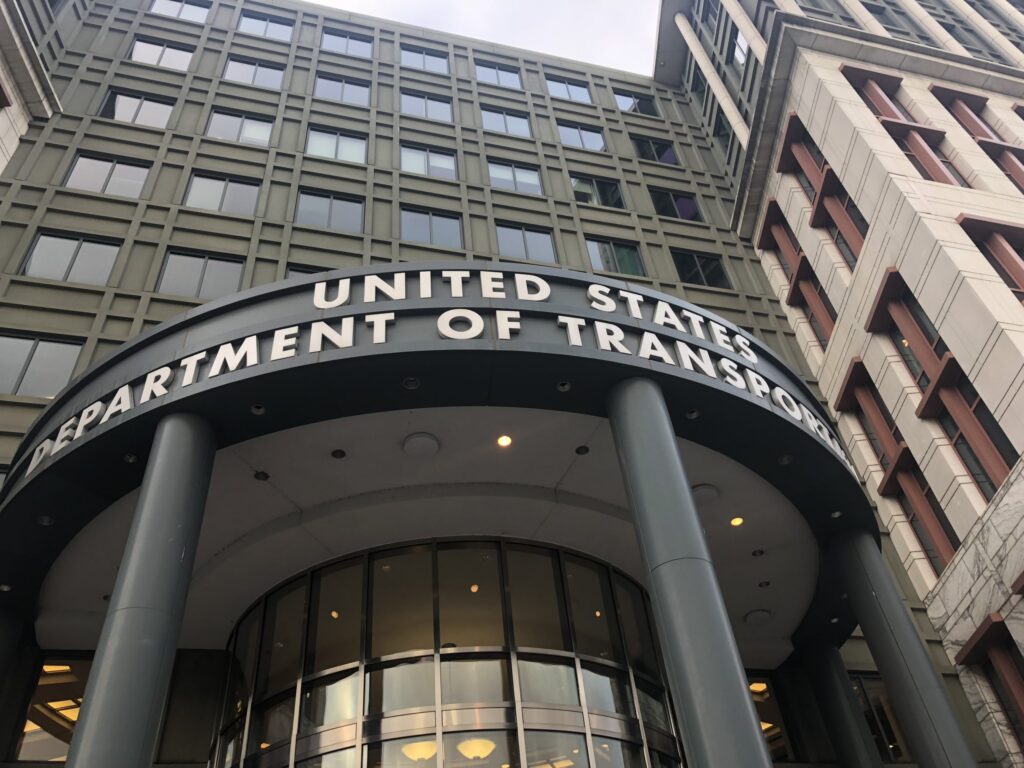
THE Annex VI provision of the U.S.-China Air Transport Agreement of July 9, 2007 was among the issues discussed by the Saipan Chamber of Commerce during its general membership meeting on Wednesday at Kensington Hotel.
Annex VI exempts the CNMI from the flight frequency limitations between the U.S. and China
Citing the alarmingly low occupancy numbers reported by the Hotel Association of the NMI, Alex Sablan said, “We need immediate recovery now for all the hotel properties. We need to get Annex VI” reinstated.
Sablan is Tan Holdings’ vice president for corporate business development.
He said Annex VI “needs advocacy from the Palacios-Apatang administration and the Commonwealth Ports Authority. It is an application [that] CPA [has to file with] the U.S. Department of Transportation-Federal Aviation Authority, and basically makes a request to implement Annex VI as a provision that allows flights to fly unabated between China and the CNMI. We did have an application put in by the former CPA board, but basically it got sat on. What we are asking is to move that process forward again.”
Jim Arenovski of Island Training Solution noted that the CNMI Economic Vitality & Security Travel Authorization Program or EVS-TAP will be implemented in October 2024.
Replacing the previous paper-based discretionary parole program, EVS-TAP will allow pre-screened Chinese nationals to travel to the CNMI visa-free for up to 14 days. Chinese visitors must fill out an electronic version of Form I-736 under EVS-TAP and submit it online to Customs and Border Protection at least five days in advance of their arrival to the CNMI.
Arenovski said, “We have a tool to help our economy — the tool is Annex VI. We have [another] tool that was given to us, the EVS-TAP, but it does not really do us much good without Annex VI. We need to be able to promote for that tool.”
Reiterating the “Operation 500K” goal of the Saipan Chamber of Commerce and HANMI, Ron Smith, founder and president of Angil Design Inc., said, “We need four flights per day in order for the CNMI tourism industry to operate sustainably. We need the flights’ cap lifted.”
“The U.S Department of Commerce has sent a big contingent to China to facilitate the return of Chinese visitors to the United States. We’re not asking for anything else that has not been done,” Smith added.
Demand
According to Sablan, “There is pent-up demand from China. If you look at post-Covid numbers in the U.S., it involved 1.2 million visitors. This year they are projecting about 2.2 million to 3.2 million [visitors] to the U.S. Next year and beyond they are looking at 3.7 to 4 million.”
“These are B-2 visa holders going to the U.S. We have a different tool for the Commonwealth. We are the only territory in the U.S. that has these tools,” he added, referring to Annex VI and EVS-TAP.
Smith said, “If you have a regular schedule of flights and you got a great product destination in the CNMI and it’s getting marketed, I think it’s going to be really easy with a market of a billion people, all of whom seem to be wanting to travel, I think it would be pretty easy to keep those planes full, but…it’s going to be a concerted effort.”
The governor and CPA need to ask DOT to implement Annex VI, he reiterated.
Essentially, Operation 500K is a call for “all hands on deck — we cannot afford to be exclusive. We need to be all inclusive. We need to look at every opportunity we have to grow our tourism industry,” Smith said.
Operation 500K aims to bring in at least 500,000 tourists a year to the CNMI.
Asked whether there’s a guarantee that DOT will remove the cap for the CNMI, Smith said, “It’s essentially pre-approved. In the regulation, it stipulates that it will be granted on request. It’s pretty straightforward. We won’t know unless we asked.”
In January 2024, Senate President Edith Deleon Guerrero sent U.S. Department of Transportation Secretary Pete Buttigieg a letter asking for the CNMI’s exemption from a federal order that limits the number of round-trip flights between the U.S. and China.
Deleon Guerrero said for the CNMI, the direct economic impact of losing the Chinese tourism market based on 2019 figures is approximately $126.4 million.
In February 2024, U.S. Congressman Gregorio Kilili Camacho Sablan expressed support for the reinstatement of Annex VI. He told DOT that “regaining access to the Chinese tourism market would help our ailing economy recover.”
In March 2024, Kilili sent a follow-up letter to DOT, saying that the CNMI’s ailing economy will continue to languish until access to Chinese tourism is regained.











